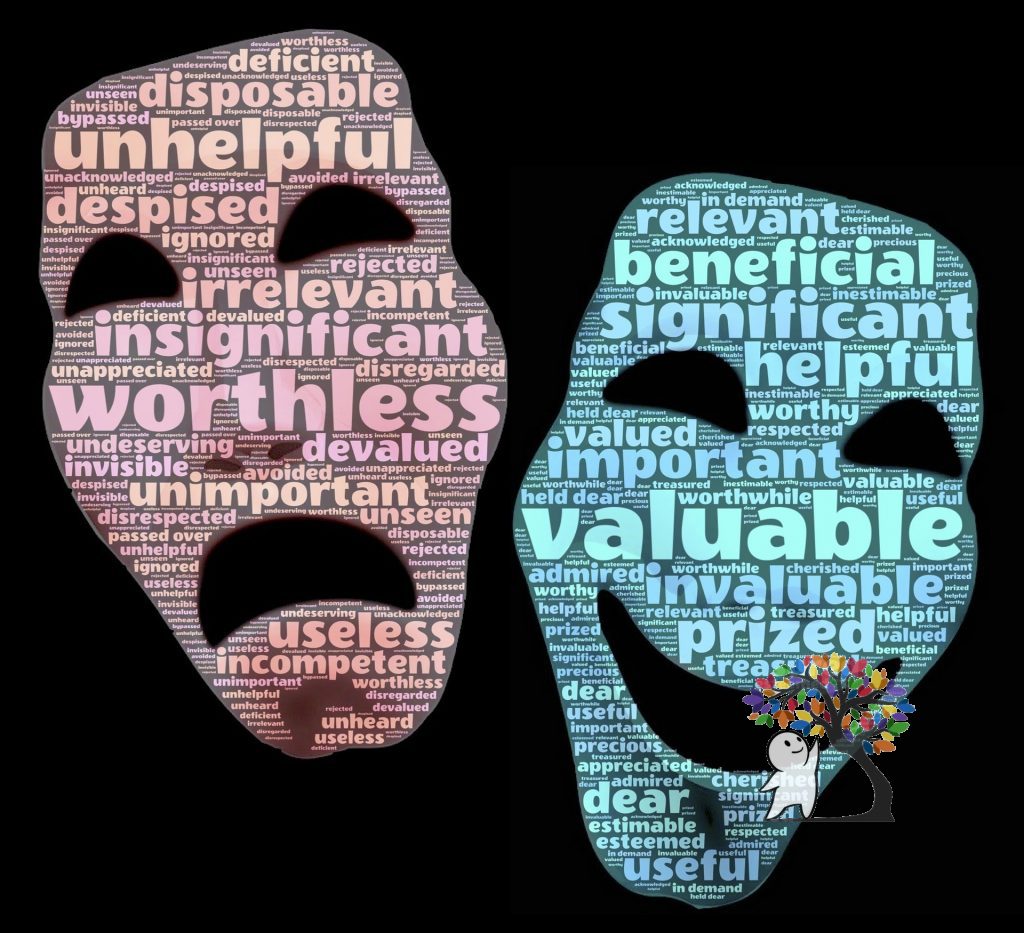Schadenfreude: Why We Take Pleasure in Other People’s Pain

Schadenfreude is a complicated word that has a very uncomplicated meaning. You know when you hear about an acquaintance breaking up with their significant other or losing their job or suffering another type of misfortune, and instead of feeling bad for them you get an inappropriate but unmistakable feeling of pleasure? This is schadenfreude, and it happens to virtually everyone. Why it happens, and what we can do to prevent it from happening, are questions that will soon be answered.
Origin
Schadenfreude is a German word that has no English equivalent, which is why we adopted it. However, just because there’s no word for schadenfreude in English doesn’t mean English speakers don’t experience this phenomenon. Based on its presence in many cultures’ lexicons, schadenfreude is a universal concept. This makes perfect sense –evolutionarily speaking.
It’s widely accepted that schadenfreude developed as a competitive advantage in early humans. This brings us to the three types of schadenfreude, all of which deal with social competition.
The Three Types
1) Rivalry-Based Schadenfreude
This type of schadenfreude is triggered by rivalries between individuals. “One person’s loss is another person’s gain” is how our survivalist minds view interpersonal relations. While we all hope to be compassionate towards those who suffer, when you are benefited by their suffering it can evoke schadenfreude. One example is a person who becomes ill after claiming to never get sick. A close relation, hearing this news, may become satisfied that this person can no longer hold such a title. He or she has lost social capital, which can then be claimed by the person experiencing schadenfreude.
2) Aggression-Based Schadenfreude
While rivalry-based schadenfreude is motivated by competition between individuals, aggression-based schadenfreude is motivated by competition between groups. Humans belong to groups: family groups, friend groups, work groups, sports groups, etc. This means, of course, that there are groups we don’t belong to, which our survivalist minds put us in competition with. Aggression-based schadenfreude is thus evoked when something bad happens to a member of another group that has the potential to benefit your group. A common example is a member of a rival sports team getting injured.
3) Justice-Based Schadenfreude
This is perhaps the easiest schadenfreude to understand because one’s intellectual brain, not survivalist brain, is the chief motivator. Justice-based schadenfreude occurs in response to seeing a bad thing happen to a “bad” person. Feeling pleasure at such an event is certainly schadenfreude, but many people rationalize this feeling as a proper response to justice being served – for instance, a murderer receiving the death penalty.
How to Stop Schadenfreude
While it may not be possible to stop schadenfreude altogether, there are ways to manage it. One of the simplest ways is to recognize schadenfreude when it happens and examine why it has arisen and why this specific circumstance inspired satisfaction rather than compassion. Knowing how schadenfreude works entails knowing which parts of your self-esteem to strengthen so that others’ misfortunes aren’t used as emotional steroids.
Schadenfreude isn’t all bad, of course. It has some very important social and evolutionary purposes. As a result, schadenfreude is experienced by every human being. This doesn’t mean, however, that it is right. We can all do with a little more compassion for our fellow humans.



I still think it isn’t right to ever feel that.